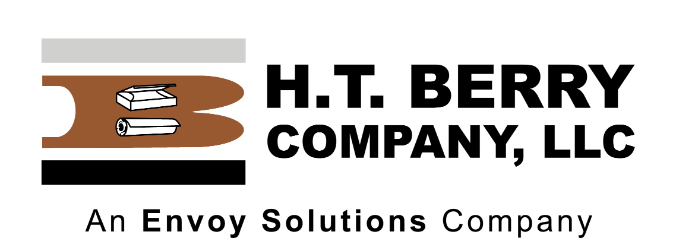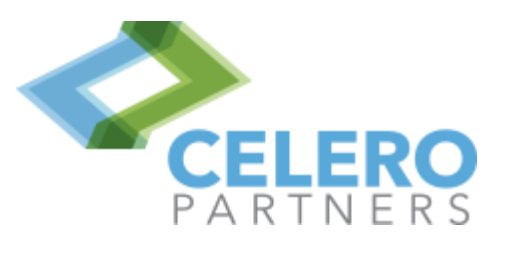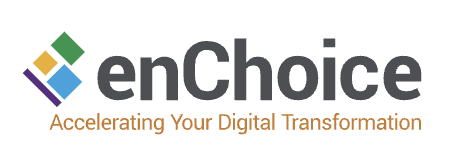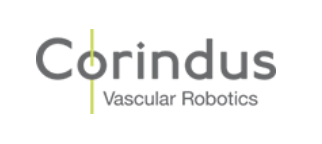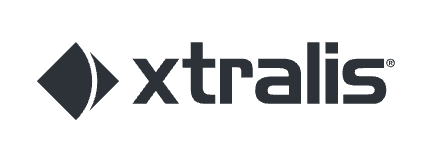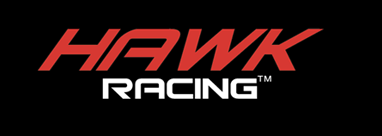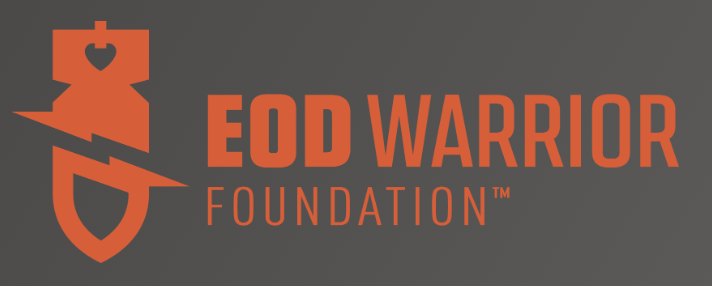Pros and Cons of Using Joomla for Your Website

Categorized in: Digital Marketing
Joomla is a desired content management system (CMS) growing in popularity because it’s easy to use, customizable, and versatile. However, there are some potential drawbacks to using Joomla for your website. Let’s take a closer look at these possible drawbacks and how you can avoid them.
What Are the Pros of Joomla?
One of the benefits of using Joomla is an open-source platform. This means that anyone can use it, regardless of experience or technical skills. This makes it an excellent choice for small businesses and individuals who want to build their websites. However, there are a few potential drawbacks to using Joomla for your website.
First, it’s not as well-known as other popular CMSs. This could limit your marketability and cause you to miss out on potential customers.
Second, some Joomla features may not be compatible with other systems, such as WordPress. If you’re using WordPress for your website, be sure to check the compatibility list to see if any Joomla features are incompatible.
Some potential drawbacks to using Joomla for your website include the fact that it can be used for e-commerce. This means that you’ll need to ensure that your site is compatible with eCommerce systems, like Shopify and Magento. Additionally, you may need to create separate pages for each type of commerce.
The most significant drawback to using Joomla for your website is straightforward to edit. This can be a big issue if you want to make changes to your website quickly and without taking the time to learn the system. Additionally, this can be a problem if you create a new website with Joomla. Because it’s so easy to change things, it can be challenging to stay on top of your website’s development.
One of the great things about Joomla is that developers can use it to create custom websites. This means that you can use Joomla for your website even if you don’t have a technical background. This makes it easy for you to create a website that looks good and works well.
One of the benefits of using Joomla for your website is accessing a wide range of support services. This includes technical, marketing, and content management systems (CMS) support. In addition, there are some Joomla-specific extensions available that make your website more efficient and easier to manage.
Joomla is popular because it’s easy to use and versatile. However, this popular CMS can be used for various internet marketing strategies, which can lead to inaccurate results. Many people think that using Joomla for your website means using it as a basecamp for your online marketing efforts. This isn’t always the case. You can still use Joomla to manage your website, but you may need to outsource some more complex tasks to an outside company.
What Are the Cons of Joomla?
Joomla is an open-source platform, meaning that anyone with access to the source code can improve and update the software. This can challenge businesses who want to stay up-to-date on the latest features and changes. Additionally, it can be challenging to track who has access to what versions of Joomla.
One potential downside to using Joomla for your website is that only a few additional modules are available. It can be challenging to get started with Joomla and create a successful website. You may also find that some of the features you need are not available in the included modules. For example, you may not be able to use the same templates and tools included with other popular CMSs.
Joomla can place many demands on your server resources, depending on the number of pages you create, the size of your images, and the number of themes you use. If you use many themes or have large files, Joomla can become very CPU-intensive. Additionally, if you’re using many plugins, Joomla can slow down your website.
One of the most significant disadvantages of using Joomla for your website is using paid plugins. Many of these plugins can be pretty expensive, and they can slow down your website’s performance. To make matters worse, some of these plugins are only available through the official Joomla extensions site. This means you won’t be able to use them on your website – you’ll have to get them from the official extension store.
One potential drawback of using Joomla for your website is limited adjustment options. You can’t easily change things like the color of your website or the font used on your pages. This can make it challenging to get started with Joomla and make it hard to customize your website to match your business’s needs.
One potential issue with using Joomla for your website is that not every platform can be used. For example, if you’re using Joomla for your website and you want to use it on a phone or tablet, you may need to install a separate application to do so. This is because Joomla uses different software for each platform. Additionally, there are sometimes compatibility issues when different Joomla versions are used on the same device.
Joomla is an excellent platform for a website, but it can be challenging to manage and require more resources than necessary. Additionally, the adjustment options are limited, and there can be some compatibility issues.
LIKE AND SHARE THIS ARTICLE:











